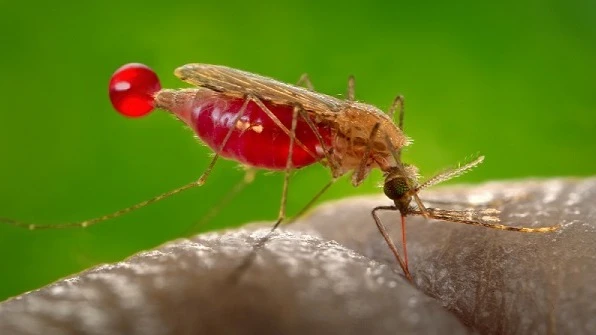Single-dose four-drug combo malaria trial cure raises hopes

A NEW, single-dose malaria treatment combining four existing drugs has been found to be as effective as the standard three-day regimen, offering a potential breakthrough against one of Africa’s deadliest diseases.
The findings, presented earlier this week at the American Society of Tropical Medicine and Hygiene (ASTMH) annual meeting, promise a simpler, more potent weapon against rising drug resistance and incomplete patient adherence.
Dr Ghyslain Mombo-Ngoma of the Medical Research Center of Lambaréné (CERMEL) in Gabon, led the clinical trial testing a new combination of four existing drugs—sulfadoxine, pyrimethamine, artesunate and pyronaridine (SPAP), in a research effort covering over 1,000 malaria patients, nearly half being children under the age of 10, the summary presentation indicated.
After 28 days of monitoring, 93 per cent of patients who received the single-dose SPAP treatment were free of malaria parasites, it said, affirming that the result was comparable to the 90 per cent efficacy observed in patients treated with the standard regimen, artemether-lumefantrine, demanding six doses over three days.
“We found that our single-dose treatment was just as effective as the standard course that requires six doses over three days, which many patients never complete,” the lead researcher noted
Health experts believe this single-dose option could be a game-changer in Africa, where malaria kills approximately 600,000 people annually, predominantly young children.
The single-dose approach directly addresses two critical challenges in controlling the disease, one being patient adherence and another being drug resistance, he said.
“Many patients struggle to finish the full three-day treatment, which can lead to drug resistance and severe illness,” he explained noting that a single-dose cure could solve this problem by ensuring every patient receives the full therapeutic input immediately.
: The four-drug combination is designed to attack the malaria parasite in multiple ways, a strategy similar to those used to combat drug-resistant tuberculosis, as a multi-pronged attack is expected to be more effective against emerging drug-resistant strains, he further noted.
ASTMH president Prof. David Fidock praised the research, asserting that it is a promising step forward in "tackling drug-resistant malaria and improving patient adherence." He was of the view that next steps and future outlook are promising, as the drugs used in the SPAP combination are already available and affordable in most African countries.
“The researchers are now in discussions with manufacturers to produce the combination as a single capsule or sachet to simplify distribution across the continent,” he said, specifying that the project has already attracted international attention, with researchers in Kenya, Ghana, Mali and Mozambique planning to test the new drug combination in those countries.
The lead researcher cautioned that while new malaria drugs are in development, they may take years to become widely available. “If we continue to see success, this single-dose cure could serve as a bridge while we await the next generation of malaria treatments,” he emphasised.
If adopted widely, the single-dose SPAP treatment is expected to transform malaria control efforts in Africa, saving lives and preventing the further spread of resistant parasites, he added.
© 2025 IPPMEDIA.COM. ALL RIGHTS RESERVED






















